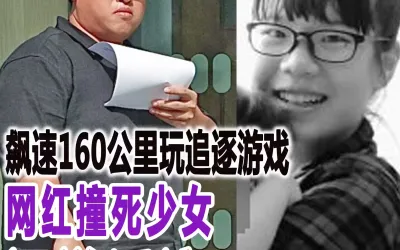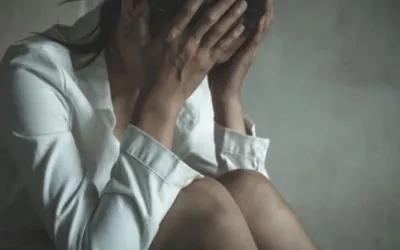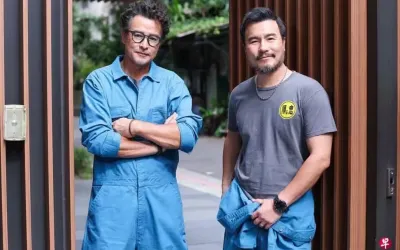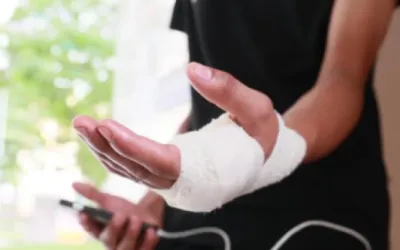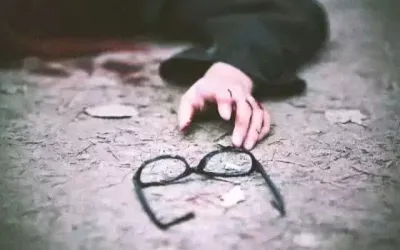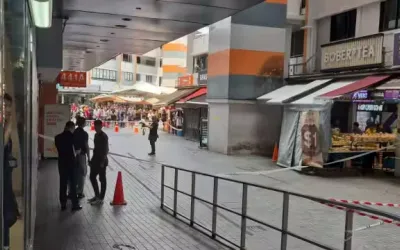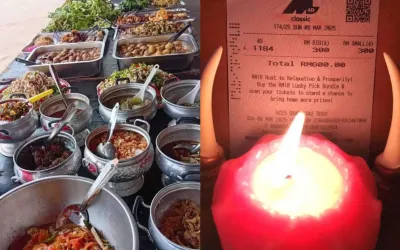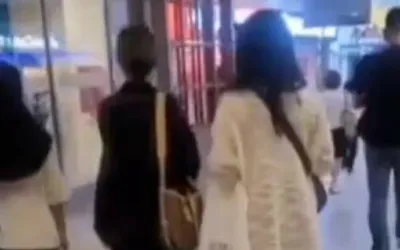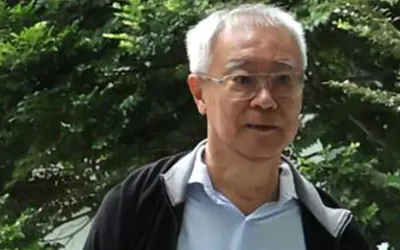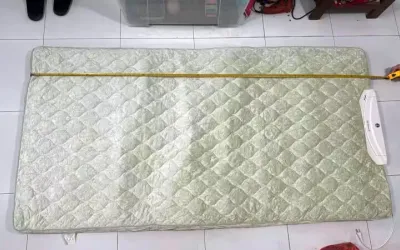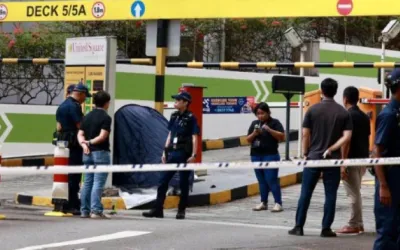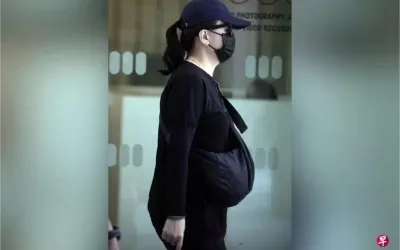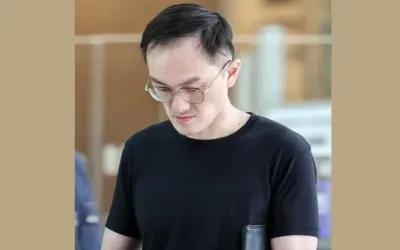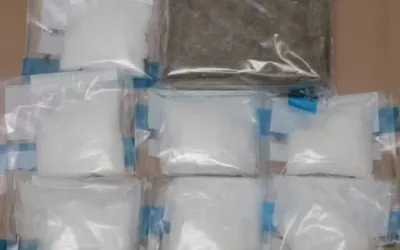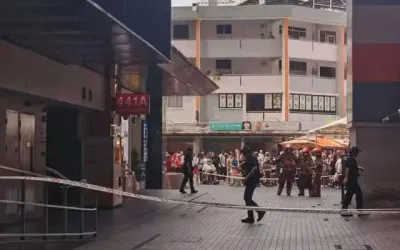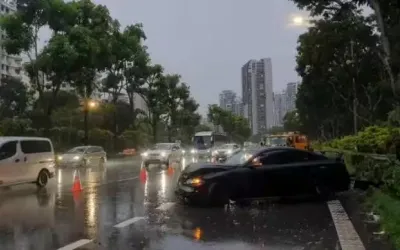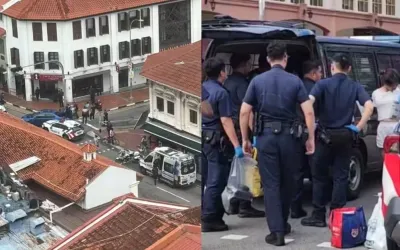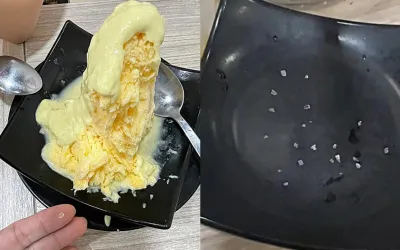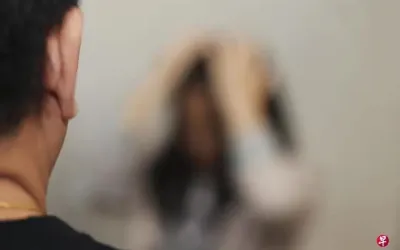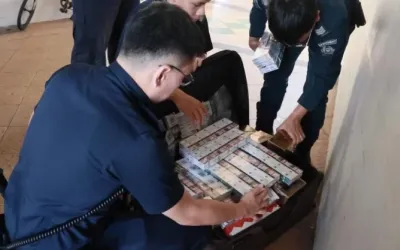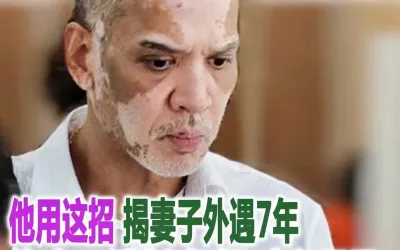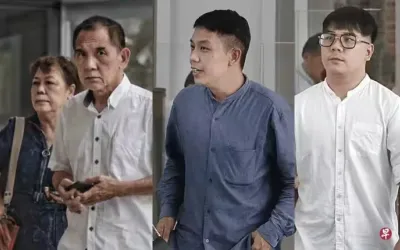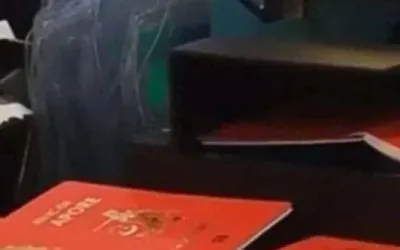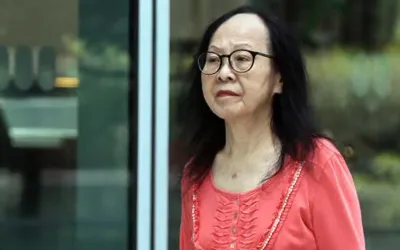Second Minister Josephine Teo goes very regularly to the UN conference on drugs in Vienna. We put forward our position and, yes, we are somewhat isolated. There are other countries which take a tough approach, but I think none put forward the arguments quite in the way that we do, presented with research and statistics. But we do have a group of countries that take a view against drugs, including in ASEAN. There are differences of view, but never underestimate, it is a very tough environment to get our message across to our own people and we will all have to continue to fight on it.
Preventive drug education is a broad title, but CNB and MHA is trying many different things now to try and get the message across even better, even clearly and to more people.
I think if you go and ask, those of you with primary school children; ask them, I think they would have heard about it. They will tell you what they have been told. The next question is trying to get it to be imbued in. I think parents have a big role. And there, I am hoping that our initiative on Drug Victims Remembrance Day would help. The other steps that we are taking, I am hoping will help.
Mr Speaker: Mr Vikram Nair.
Mr Vikram Nair (Sembawang): I thank the Minister for a very clear articulation of Singapore’s policy, which is different from many other countries’ but I think the right one.
The area that I have concern with, like some of the other Members, is that the age at which children start taking drugs is relatively young – an average of 15.9 years. When I was in primary school, there were campaigns against glue sniffing, which was seen as a gateway drug. Are there any other gateway substances or drugs that the public should be aware of and which the youths in particular should be aware of today?
Mr K Shanmugam: Thank you, Sir. Some might, for example, refer to vaping as a gateway and for that, the Ministry of Health will answer as to what steps they are taking.
HQ丨编辑
HQ丨编审
新加坡国会丨来源
